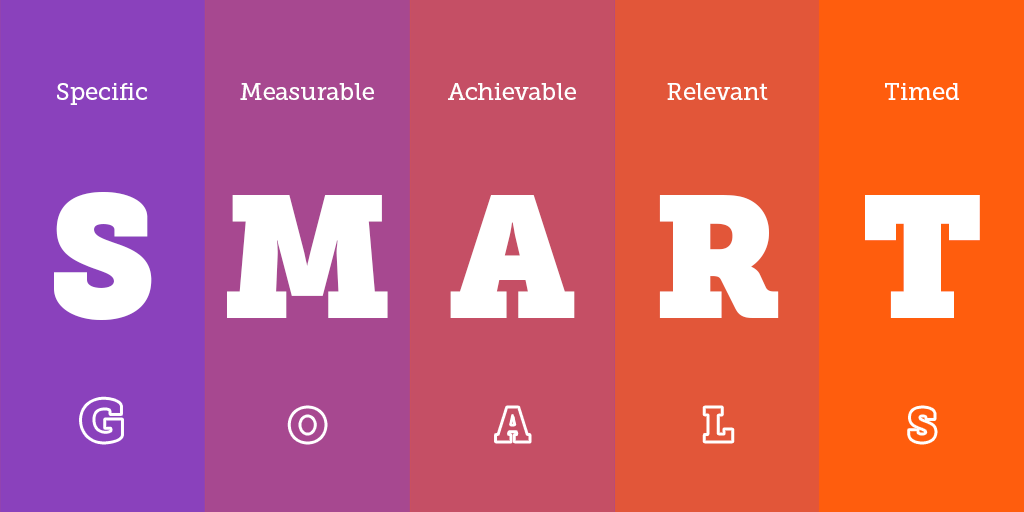
Do you want to get the most out of your team? Making sure your team is on track and performing well can be a challenge. Tracking SMART goals can be a great way to help improve their performance.
In this blog, we’ll cover the benefits of tracking SMART goals, how to track them, how they can improve your team’s performance, and some best practices for tracking SMART goals. Start optimizing your team’s success today by learning more about these powerful tools!
If you want to get a head start to set SMART goals for your team, try the world leading SMART goals software tool called Team Compass. It’s free for up to 3 people and anyone can enjoy a free trial. Sign up here.
What are the benefits of tracking SMART goals?
Tracking SMART goals can provide a number of benefits for teams looking to increase their performance. By setting measurable, achievable objectives with specific timelines, team members are able to focus on what needs to be done in order to reach the goal.
This leads to increased motivation and productivity as everyone is working towards a common goal. Additionally, tracking SMART goals allows teams to identify areas that need improvement or where they are falling short so they can adjust accordingly.
Finally, tracking these goals provides accountability as each team member knows exactly what needs to be accomplished by when – which helps promote results-oriented behavior and encourages collaboration between team members.
How to track SMART goals?
Tracking SMART goals is an important part of achieving success as a team. The first step to tracking these goals is to identify the objectives and then set specific, measurable targets for each one. You should also assign deadlines for each goal so that everyone on the team knows when it needs to be accomplished by.
Once you have all of this information in place, it’s time to start tracking your progress. This can be done through regular check-ins where everyone reports their progress against the goal or by utilizing SMART goals software like Team Compass (it’s free to try).
Lastly, make sure that every member of your team understands how they are contributing towards the overall objective – this will help them stay motivated and ensure they are doing their part to reach the desired outcome.
How can you use SMART goals to improve your team’s performance?
SMART goals are a powerful tool that can be used to improve your team’s performance. By setting specific, measurable goals with deadlines, everyone on the team will have an understanding of what needs to be done and when in order to reach the desired outcome.
Tracking progress against these objectives allows teams to identify areas where they need improvement or are falling short so adjustments can be made accordingly.
Finally, tracking SMART goals provides increased accountability as each team member knows exactly what needs to be accomplished by when – which helps promote results-oriented behavior and encourages collaboration between team members. With all these benefits combined, using SMART goals is one of the most effective ways for teams to increase their performance!
What are some best practices for tracking SMART goals?
When it comes to tracking SMART goals, there are a few best practices that can help you get the most out of your team. First, make sure that each goal is specific and measurable with realistic deadlines – this will give everyone on the team an understanding of what needs to be done and when in order to reach the desired outcome.
Second, track progress against these objectives regularly – whether through regular check-ins or SMART goals tracking software like Team Compass – so any areas where improvement is needed can be identified quickly.
Ensure that all members of your team understand how they are contributing towards the overall objective – this will help them stay motivated and ensure they are doing their part to reach the desired result. By following these best practices for tracking SMART goals, teams can optimize their performance and increase their success!
Tracking SMART goals offers numerous benefits, including improved team performance and better-defined objectives. Tracking these goals also allows you to track progress, identify when intervention is necessary, and create a timeline for cost effective resource use.
By practicing best practices such as setting measurable objectives, scheduling times for self-evaluation of the achievements so far, creating priorities for the future steps and regularly monitoring results you can make sure that your team’s performance is always improving in its pursuit of successful outcomes.
If you now want to track SMART goals for your team, try the world leading SMART goals software tool called Team Compass. It’s free for up to 3 people and anyone can enjoy a free trial. Sign up here
